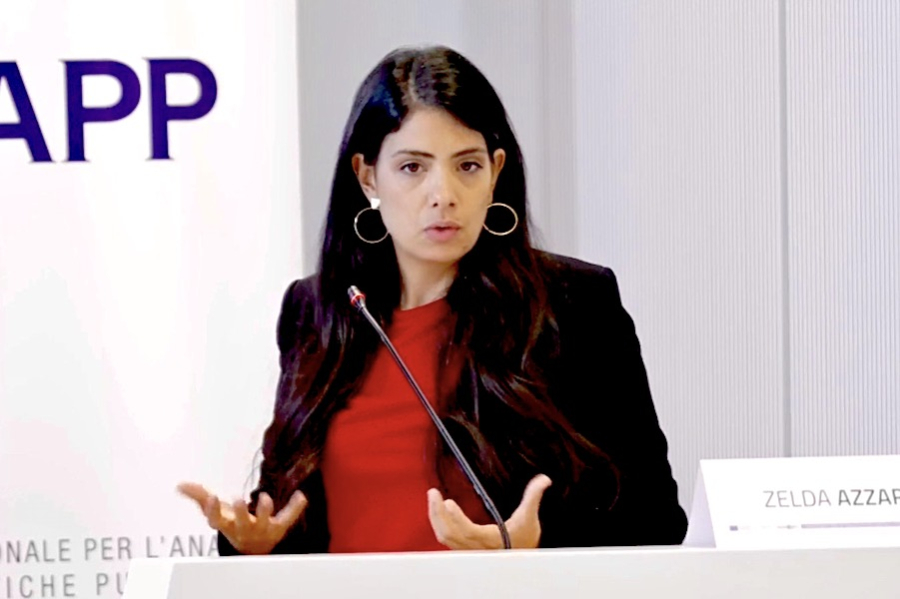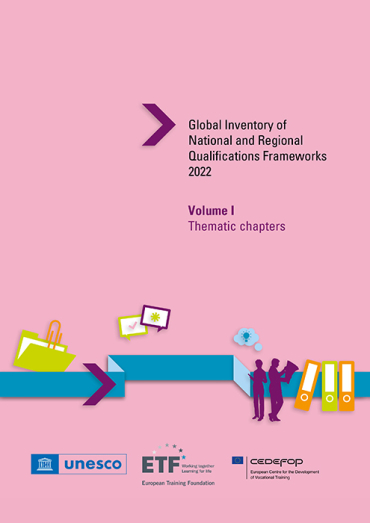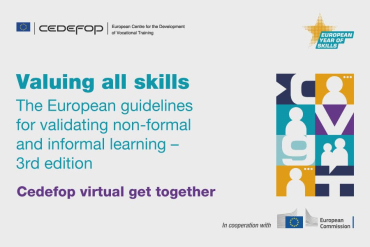Extending the scope of qualifications frameworks beyond formal education is a European trend that can strengthen the link between learning and the labour market and increase mobility.
This is one of the main conclusions of recent Cedefop research on the National qualifications frameworks (NQFs) and the European qualifications framework (EQF) that was disseminated in a number of events marking several NQF-related milestones.
In a keynote speech he delivered at an event in Riga on 1 November, Cedefop's Iraklis Pliakis presented some key findings from the Agency’s analysis of the 2022 European inventory of NQFs.
The presentation gave an overview of the current trends in NQF implementation across Europe, highlighting some of the characteristics of European NQFs and focusing on the state of play regarding the scope and coverage of NQFs.
He noted that most NQFs include qualifications from all sectors of formal education and training, but a common trend is being formed across Europe for frameworks to include qualifications awarded outside formal education and training – a development that can, the one hand, improve the connection among different learning contexts and between them and the labour market, and, on the other, promote learners' and employers' mobility.
He also gave specific examples of the procedures that countries use to include such qualifications in their frameworks and referred to the other main priority of countries participating in the EQF process, i.e., raising awareness of NQFs especially among citizens.
NQFs' impact across Europe
During an event in Rome on 11 October, Cedefop's Zelda Azzará discussed the role of digitalisation and qualification databases/registers in supporting increasing transparency and recognition of qualifications.
She also mentioned the work being carried out by EQF and Europass advisory groups on the development of guidelines for short learning outcomes descriptions, while, speaking during a keynote speech at an event in Skopje on 19 October, to mark the ten-year anniversary of the North Macedonian qualifications framework (MKQ), she delivered a comprehensive presentation, which delved into the contributions and impact of NQFs across Europe.

Mr Pliakis also participated in a panel discussion during an event in Dublin on 17 November to mark the 20th anniversary of the Irish NQF and highlighted a combination of factors that have contributed to its success: a mix of statutory and collaborative approaches with strong institutional arrangements; political support; and the implementation of NFQs in a coherent way alongside other policy initiatives.
Finally, he presented some of the main findings of Cedefop's project ‘Microcredentials for VET and labour market learning’: the results of the mapping of microcredentials in European labour-market-related education, training and learning; the links between microcredentials and evolving qualifications systems and frameworks; and the added value microcredentials bring to end users.




